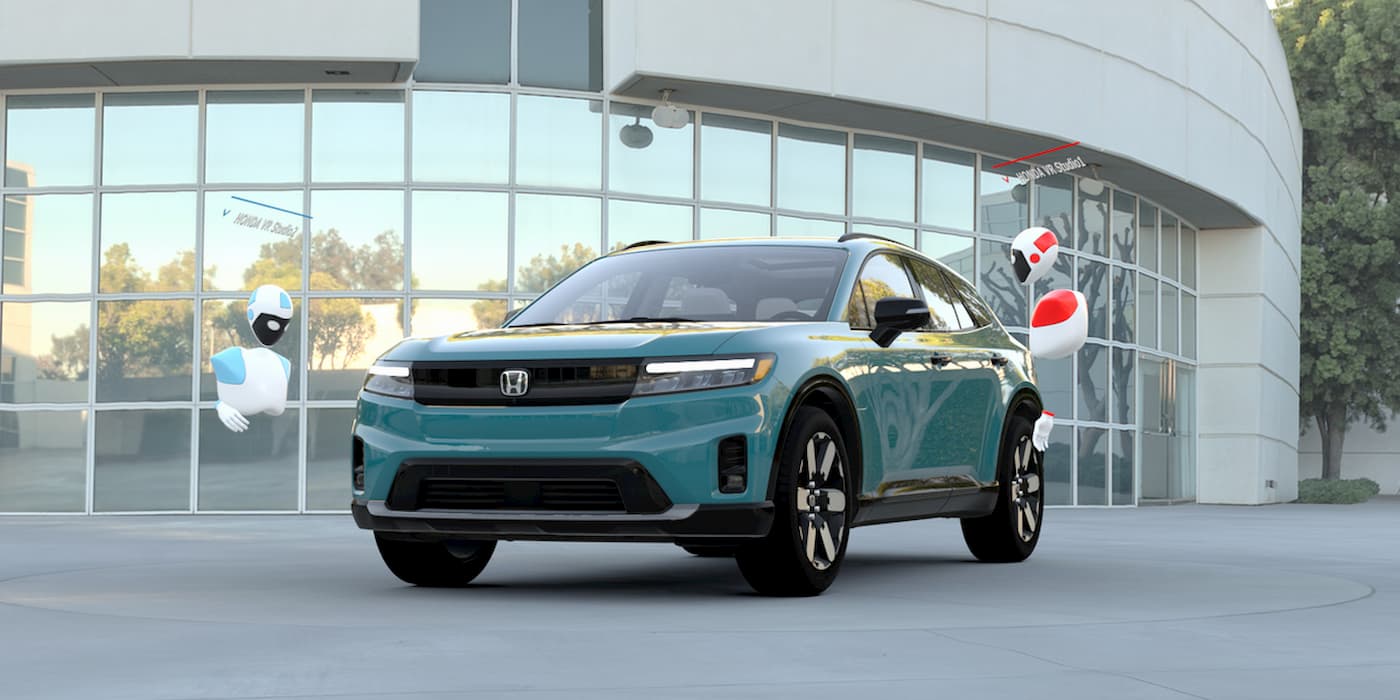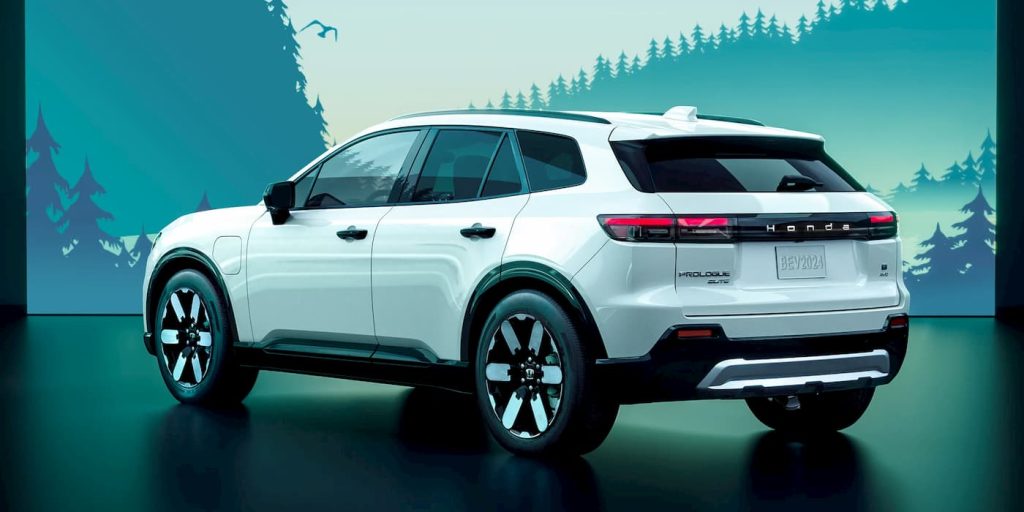
Honda is moving forward with the next stages as it gets ready to build electric vehicles in the US. The automaker is setting the stage for its planned EV Hub in Ohio, with plans to transition the Marysville Auto Plant (MAP), where Honda began US production in 1982, to build EVs.
Alongside its Japanese peers, Honda looks to play catch up in the rapidly expanding electric vehicle market.
Honda announced last October it was investing $700 million to retool three separate Ohio plants to prepare them for producing EVs and the associated components.
In addition, Honda teamed up with LG Energy Solutions (LGES) to invest over $3.5 billion in a new battery factory in Fayette County, Ohio. The goal is to establish an “EV Hub” in the state.
The automaker’s first electric SUV and first dedicated EV coming to the US, the Honda Prologue, is set to hit the market in 2024 as a collaboration with General Motors.
Looking to make up for lost time, Honda revealed its plans to revamp business operations earlier this year in order to ignite momentum in its electric mobility business, including passenger vehicles, motorcycles, and other power products.
Tuesday, Honda revealed the next steps in how it plans to transform Ohio into its EV Hub, starting with the facility where Honda began US production as the automaker looks toward a new future.

How Honda is establishing an EV Hub in Ohio
In a press release, Honda said its Marysville Auto Plant (MAP) in Ohio will be the automaker’s first US plant to transition to making EVs in a symbolic move.
EV production is expected to begin at MAP as early as January 2024. Honda will consolidate two production lines that currently produce combustion engines and hybrid vehicle systems into one to make room. MAP employees are set to receive training as part of the transition.
Honda says it will ship Honda Accord production to its Indiana plant to enable the transition to EVs in Ohio.
Moreover, the automaker will transfer two different generations of engine manufacturing from its Anna Engine Plant (AEP) in Ohio to its Alabama Auto Plant.
The transfer will open up room for future IPU case production, which will be combined with battery modules produced from its new $3.5 billion EV battery facility with LGES, where the JV broke ground earlier last month. The battery plant is expected to be completed by the end of 2024 with around 40 GWh annual production capacity.
Honda says it will maintain stable employment as it transitions to building electric vehicles, unlike many legacy (and start-up) automakers, which have been recently hit by a wave of layoffs.
Electrek’s Take
It’s good to see Honda executing its EV strategy to bring EVs to the states. However, as we’ve mentioned several times, Honda’s timeline is still lagging.
Its first EV is due out next year, a codeveloped vehicle with GM. Its second electric vehicle is expected to be built on Honda’s own e:Architecture platform, but it won’t be until 2026.
Honda’s CEO, who took over in 2021, looks to get Honda back in the game, but for that to happen, we need to see zero-emission EVs rolling out sooner rather than later.
FTC: We use income earning auto affiliate links. More.



Comments